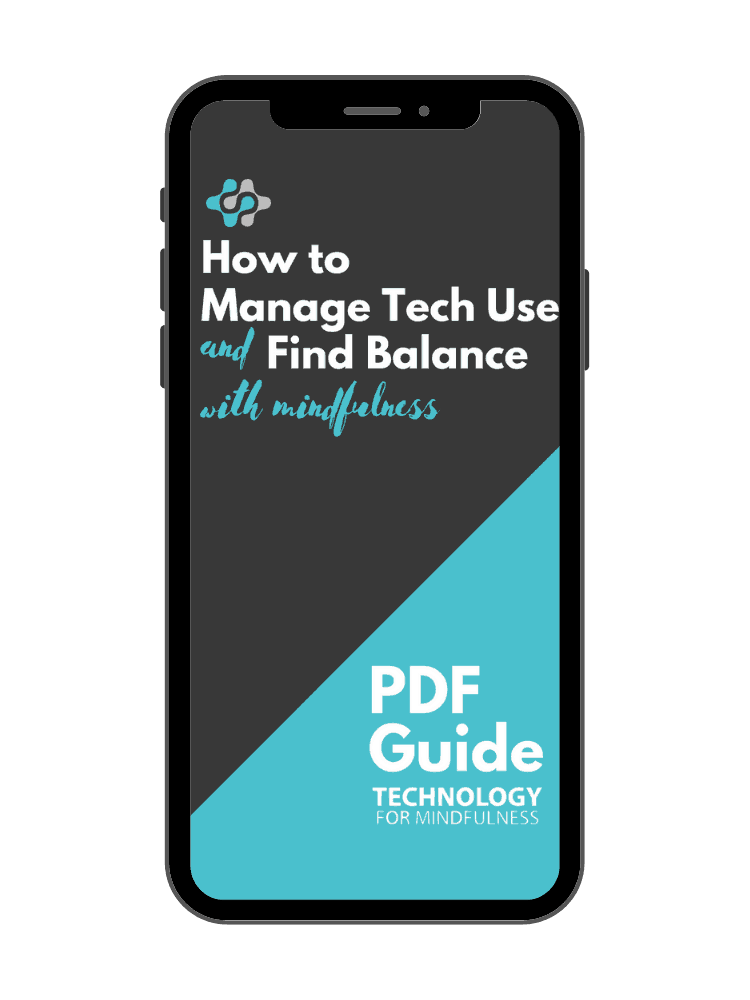We often hear that “information overload” is a problem of our times. We receive “too much information” and, as a result, we are overwhelmed, anxious, and distracted.
We may very well be receiving more information–at least of certain kinds–than in the past, although it isn’t clear that a desk worker inundated with emails is receiving more information than a farmer in the field.
The term “information overload” is misleading because it implies that the problem with information today is the quantity of information that we receive. Even a single piece of information, however, in the wrong place, at the wrong time, or delivered in the wrong way can break our rhythm and be just as harmful, if not more so, than too much information.
Just think of your smartphone ringing while you try to compose that critical memo, a mosquito flying near your ear while you’re driving on the highway, or the drip-drop-drip of a leaky faucet when you’re trying to sleep. These aren’t cases of “information overload.” They’re problems caused by very small amounts of information, delivered in the wrong place, or at the wrong time, or in the wrong way for the circumstances.
The potentially devastating consequences of delivering even small amounts of information in the wrong time, place, or manner are explained in The Multitasking Myth, a book based on a NASA study of airline crashes. The study found that many crashes resulted from human error in which even a small interruption or deviation from standard procedure–such as a call from the tower while running through a pre-takeoff checklist–caused trained and experienced crew members to fail to perform critical steps. One of the surprising conclusions of the study was that such errors were performed even when crew members were not stressed or overloaded with information or tasks to perform. Even a single, small interruption could cause people who had previously performed a procedure hundreds or thousands of times to make a critical error or omission that led to a crash or other problem.
Although being bombarded with too much information can paralyze us and cause anxiety, we need to start to recognize that receiving even a single piece of information at the wrong time, in the wrong place, or in the wrong manner can cause problems that are just as serious as receiving too much information.
Perhaps we need to start talking about “information wrongload” or use another term to capture this phenomenon.
What do you think?

